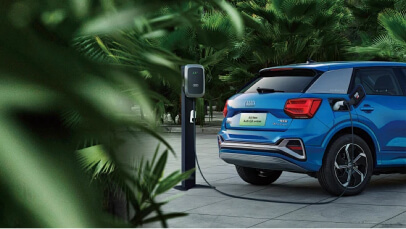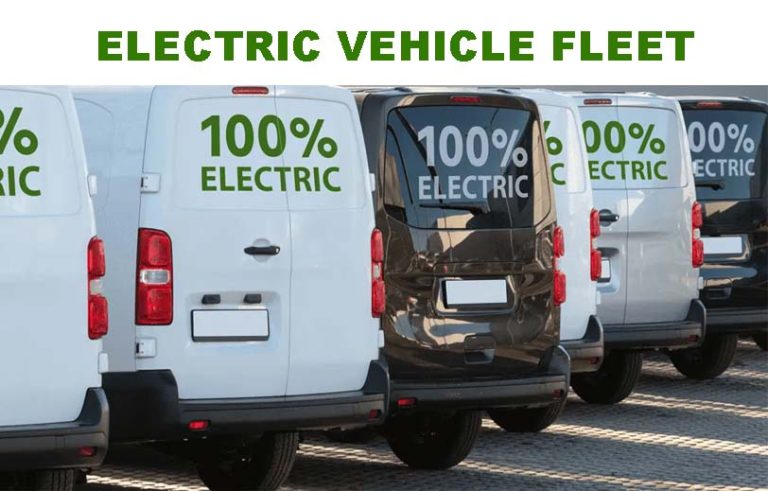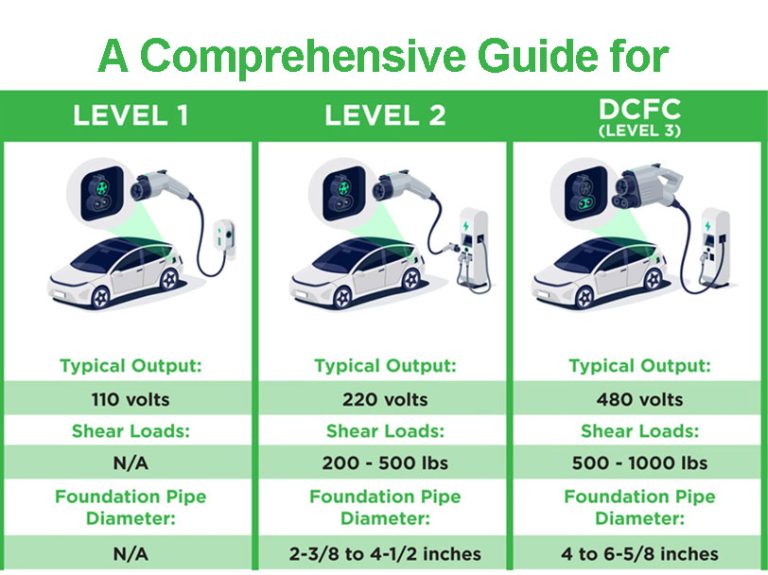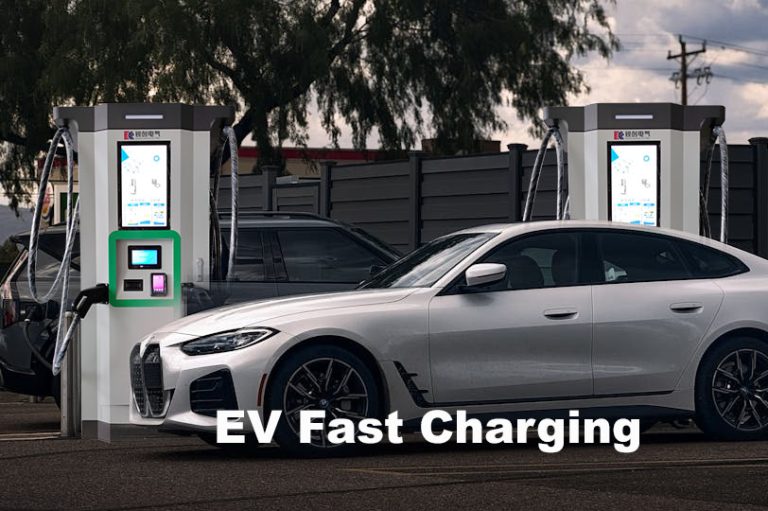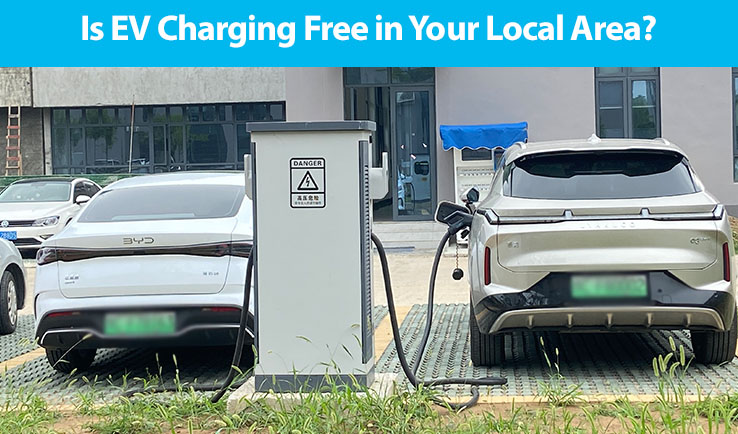The global electric vehicle (EV) industry has seen tremendous growth in the past few years. According to New Energy Finance, global EV sales soared from approximately 3.2 million in 2020 to 10.3 million in 2022. The company expects EV sales to exceed 13 million in 2023 and grow exponentially in the coming years.
The growing popularity of electric vehicles requires the support of charging infrastructure. According to a recent report, the global EV charging infrastructure market is expected to grow at a compound annual growth rate of 43.3% from 2020 to 2026.
So, what does the future of EV charging look like in 2024 and beyond? Here are some of the trends we can expect.
More fast charging stations
In the early days of EV infrastructure, AC charging piles were more widely used because they were cheap and convenient. However, fast charging stations are becoming the standard for public charging. These charging stations can charge EV batteries to 80% in about 20-30 minutes, which is an attractive option for busy EV owners.
According to the IEA, the adoption rate of DC chargers grew faster than the installation rate of AC chargers between 2015 and 2021.
Wireless Charging Technology
Another trend that is likely to take off in the coming years is wireless charging technology. Wireless charging eliminates the need for physical cables, making the charging process more convenient for EV owners. This technology is particularly useful for EV owners who park their cars on the street or in parking lots where there may not be traditional charging stations.
Plug and Charge Capability
The adoption of the Plug and Charge standard is expected to be one of the most important trends in the EV charging solutions market. This is a technical standard that facilitates a smooth and secure connection between EVs and charging stations, allowing for automatic identification and authorization of EVs. With this technology, EV owners can easily plug their vehicles into charging stations and start charging without a separate authentication process.
Smart Charging
Smart charging aims to improve the charging experience for EV owners, making it more convenient, efficient, and economical. In this system, users can use mobile applications to monitor the battery status of their vehicles, track charging records, manage devices, and make charging plans when charging rates are low. Operators can use charging station management systems (CSMS) to manage multiple stations from a central hub. The system can manage revenue, membership, and energy output.


